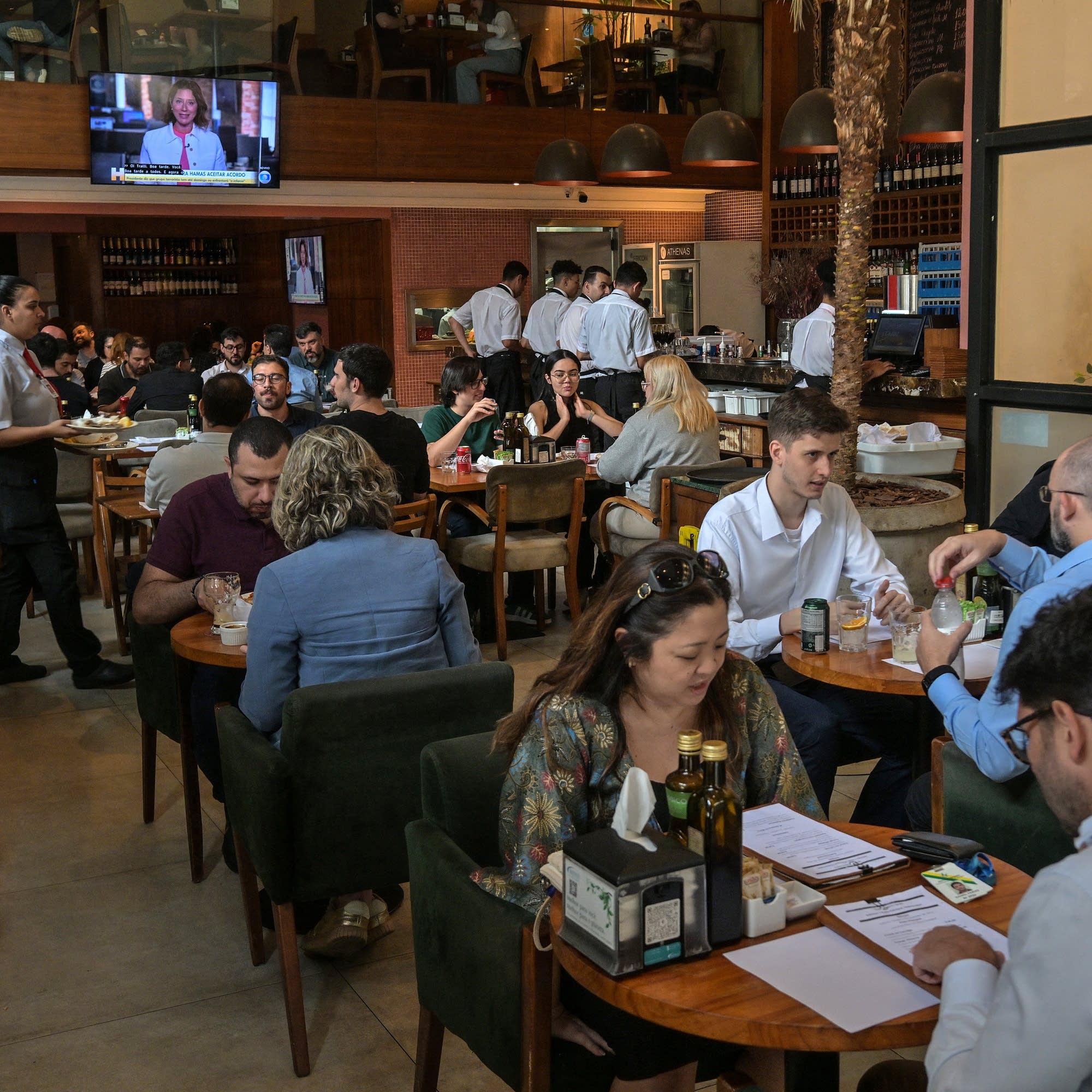
🤖 AI Summary
Overview
This episode explores the widening economic divide in the U.S., exemplified by contrasting trends in fast food and sit-down restaurants. It also delves into the geopolitics of TikTok's U.S.-China negotiations and the challenges facing Wyoming's solar industry as federal subsidies end.
Notable Quotes
- It feels like you're trying to fly an airplane or drive a car blindfolded.
- Heather Long, on the economic uncertainty caused by the government shutdown.
- TikTok rose to power on its ability to predict what you next want to see, revealing your preferences rather than stating them.
- Emily Baker-White, on TikTok's algorithmic dominance.
- Some might say that running a renewable energy company in Wyoming feels like operating behind enemy lines.
- Scott Kane, on the challenges of solar energy in a fossil fuel-dominated state.
📉 Economic Impact of the Government Shutdown
- Heather Long likened the lack of economic data during the shutdown to operating blindfolded, emphasizing the risks of navigating the economy without key indicators like jobs reports.
- Over 600,000 workers are furloughed, with many fearing layoffs. Navy Federal Credit Union has seen a surge in no-interest loan requests, reflecting heightened financial anxiety.
- Sudeep Reddy noted that while shutdowns typically have limited macroeconomic effects, the micro-level impact on workers and contractors can be severe.
🍔 The K-Shaped Economy and Restaurant Spending
- Fast food spending has stagnated, reflecting financial strain among lower-income workers, according to Dean Baker. Chains are resorting to discounts and menu innovations to attract customers.
- In contrast, full-service restaurants catering to wealthier patrons are performing well, a phenomenon attributed to the K-shaped economy,
where economic recovery benefits higher-income groups disproportionately.
📱 TikTok and U.S.-China Geopolitics
- Emily Baker-White discussed TikTok's rise as a global platform powered by ByteDance's algorithm, which predicts user preferences with uncanny accuracy.
- Concerns about Chinese government influence over TikTok include potential data misuse and propaganda. ByteDance's surveillance of Baker-White herself highlighted these risks.
- Negotiations over TikTok's U.S. operations remain contentious, with ByteDance retaining control over its algorithm—a critical sticking point in national security debates.
☀️ Solar Energy in Wyoming
- Wyoming's solar industry faces uncertainty as federal tax credits for residential installations expire. Scott Kane of Creative Energies described a scramble to meet demand before the subsidy ends.
- The company is shifting from growth to maintenance mode, with hopes of tapping into commercial projects where tax credits remain available.
- Solar adoption in Wyoming is driven by eco-conscious homeowners and self-reliant individuals, despite the state's heavy reliance on fossil fuels.
🎵 Cultural and Economic Notes
- Taylor Swift's new album release highlighted an unusual tariff exemption for vinyl records, which are classified as informational materials.
This loophole benefits consumers amid broader trade tensions.
AI-generated content may not be accurate or complete and should not be relied upon as a sole source of truth.
📋 Episode Description
The gap between how high-income and low-income Americans are faring in this economy is growing. One example? Fast food restaurants are struggling while sit-down joints that cater to wealthier customers are A-OK. Also in this episode: “Every Screen on the Planet” author Emily Baker-White talks geopolitics behind the U.S.-China TikTok deal and a Wyoming solar panel company preps for the end of federal subsidies for residential installation.
Every story has an economic angle. Want some in your inbox? Subscribe to our daily or weekly newsletter.
Marketplace is more than a radio show. Check out our original reporting and financial literacy content at marketplace.org — and consider making an investment in our future.
